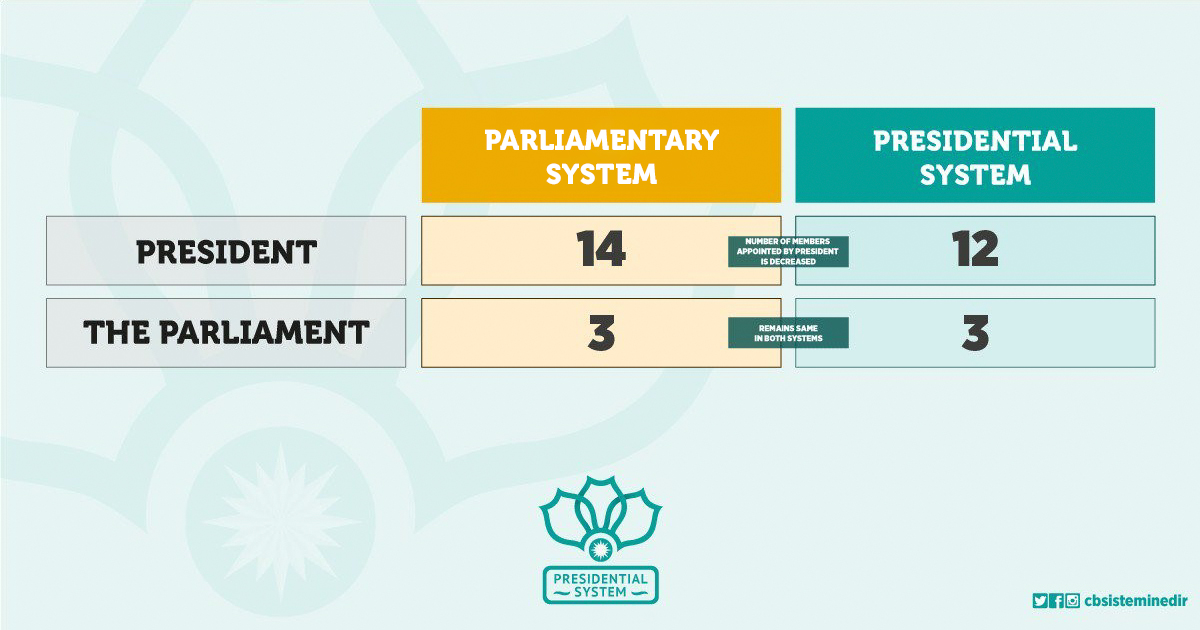Claim: Latest constitutional referendum abolishes confirmation process of high-court judges
2018-02-16 09:14 GMT
Posted in:
Wall Street Journal article falsely claims that a confirmation process of the high court judges appointed by the president was abolished in the latest constitutional referendum although such process has never existed in Turkey
Soner Cagaptay had an article published on the Wall Street Journal on 13 February 2018. In the article, the author claims that the new constitution in Turkey which was approved in a referendum in 2017 enables the president to directly appoint the high-court judges without any process in between.
“Mr. Erdogan changed the country’s constitution, granting himself the power to appoint high-court judges without a confirmation process,” the article states.
However, a confirmation process of the high-court judges has never existed in Turkey unlike the US, even before the latest constitutional referendum in 2017. The process of appointing the high-court judges, or the members of the Constitutional Court by their official name, remained exactly the same after the constitutional referendum. In other words, there was not a process of legislative confirmation of the high-court judges before the constitutional referendum either.
The appointment of the Constitutional Court judges in Turkey is subject to its own system of checks and balances. The pool of the candidates who are to be appointed by the president and the qualifications they should have are clear and pre-determined. The president can only choose among this pool. This procedure remains exactly the same with one exception. In the current system, the president has even less authority over the appointment of the Constitutional Court judges, by appointing fewer members of the court with the dismissal of the members from the High Military Court of Appeals and the High Military Administrative Court.

The previous and current versions of the related article of the Turkish Constitution can be checked for comparison. Here is the previous version:
“A. Constitutional Court
1. Formation
ARTICLE 146- (As amended on September 12, 2010; Act No. 5982)
The Constitutional Court shall be composed of seventeen members.
…The President of the Republic shall appoint three members from High Court of Appeals, two members from Council of State, one member from the High Military Court of Appeals, and one member from the High Military Administrative Court from among three candidates to be nominated, for each vacant position, by their respective general assemblies, from among their presidents and members; three members, at least two of whom being law graduates, from among three candidates to be nominated for each vacant position by the Council of Higher Education from among members of the teaching staff who are not members of the Council, in the fields of law, economics and political sciences; four members from among high level executives, self-employed lawyers, first category judges and public prosecutors or rapporteurs of the Constitutional Court.”1
And here is the current version of the same article:
“A. Constitutional Court
1. Formation
ARTICLE 146- (As amended on April 16, 2017; Act No. 6771)
The Constitutional Court shall be composed of fifteen members.
…(As amended on April 16, 2017; Act No. 6771) The President of the Republic shall appoint three members from High Court of Appeals, two members from Council of State from among three candidates to be nominated, for each vacant position, by their respective general assemblies, from among their presidents and members; three members, at least two of whom being law graduates, from among three candidates to be nominated for each vacant position by the Council of Higher Education from among members of the teaching staff who are not members of the Council, in the fields of law, economics and political sciences; four members from among high level executives, self-employed lawyers, first category judges and public prosecutors or rapporteurs of the Constitutional Court having served as rapporteur at least five years."2



